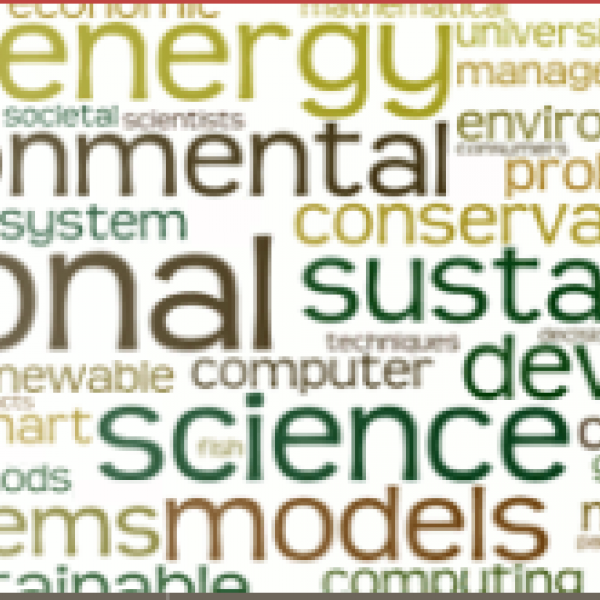Zico Kolter, Carnegie Mellon University
Fri March 3, 2017, 1:30-2:30 pm EST
Title: Task-based end-to-end learning in stochastic optimization
Abstract: Kolter will present recent work in learning predictive models for use in stochastic optimization settings. He explains: In these domains, the goal of a probabilistic model is not merely to generate "accurate" predictions of the future, but also to make predictions that will result in an effective policy when integrated into decision-making processes. These two goals may seem well-aligned, but they often differ to a surprising degree when models do not reflect the true underlying system (the norm rather than the exception in machine learning). To address this challenge, we develop a technique we refer to as task-based end-to-end learning. The main idea is to update the predictive model itself through the task-specific loss, by differentiating through the policy decisions, in order to directly improve the policy performance under the true distribution of interest. This in turn requires techniques for differentiating through the solution of general optimization problems, a task for which we develop the algorithms and an efficient implementation. We apply this method to the task of scheduling generation under uncertain demand and ramping constraints, and shows that it can significantly outperform a naive maximum likelihood approach.
Bio: Zico Kolter is an Assistant Professor in the School of Computer Science at Carnegie Mellon University, with appointments in the Computer Science Department, the Institute for Software Research (in the Societal Computing program), and affiliated appointments with the Machine Learning Department, the Robotics Institute, and the Electrical and Computer Engineering Department. His work focuses on machine learning and optimization, with a specific focus on applications in smart energy systems. From an algorithmic standpoint, he has worked on fast optimization algorithms for a number of problems and for general convex programs, large-scale probabilistic modeling, stochastic optimization, and deep learning. On the application side, he has worked on energy disaggregation, probabilistic forecasting for energy systems, and model predictive control techniques for industrial control in the electrical grid.



